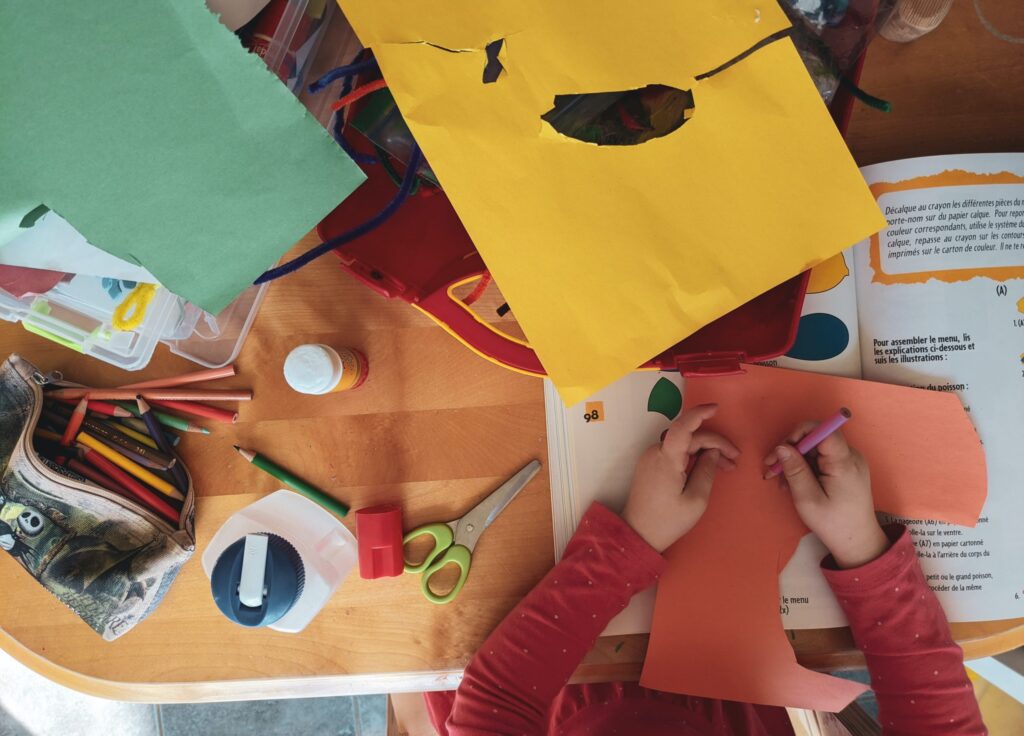If your child has been diagnosed with ADHD, there’s no need to panic! This is one of the most common cognitive disorders that occurs in both children and adults. As a parent, you will want to start supporting your child so that they can live a life that is as normal as possible, managing their neurological disorder. In this article, we will unpack what ADHD means for your child and your family.
They Are Not Alone!
ADHD occurs in 11% of children and 5% of adults, making it one of the most common mental disorders today in the United States. Through brain imaging, your pediatrician will be able to properly diagnose your child so that you are confident in a plan to help support them as they navigate coping mechanisms. Typically, signs and symptoms are easy to diagnose, but it’s always important to do a thorough analysis to be confident that you are taking the best steps to help your child. (1)
It Can Stay With Them Through Adulthood
Often, it is assumed that only children are impacted by ADHD. This is because signs and symptoms can include things like lack of focus, organization, trouble concentrating, and difficulty completing tasks. All children struggle with this from time to time – they are learning! However, if your child shows debilitating symptoms, they might have ADHD.
It is not common for children to grow out of ADHD, as this diagnosis often follows them into adulthood. Luckily, if you start working through coping mechanisms with your child while they are young, they will have the tools needed to be successful in adult life. (2)
There Are Many Ways to Cope
Children with ADHD can live a high-functioning, normal life – especially once symptoms have subsided and coping mechanisms are discovered. The journey might not be easy, which is why working with your child’s doctor is so important. Relying on medical professionals to help guide you will save stress, headache, and frustration for both your child and the family as a whole.
Working alongside a cognitive therapist is often one of the first treatment plans to be recommended, as it requires no medication and no ugly side effects to worry about. Therapeutic coping strategies can also be changed much more quickly versus medication! There is no adjustment period or withdrawal worry, making it one of the first go-to options, especially for children.
Support Is Available For Both You and Your Child
Finding support for not only your child, but for yourself as a parent, can be tricky. It is important that while you work alongside your child and their healthcare providers, you take time to focus on family and self-care. Supporting children with ADHD can be difficult, as this condition can sometimes make children defiant, loud, or have outbursts. Knowing how to keep your cool in these moments will help your child have a calm, positive example, and allow you to support them without losing your cool. (3)
We hope this article gave you a bit of insight when it comes to what an ADHD diagnoses means for your child and family. There are many ways to navigate this diagnosis and overcome hurdles, contact NeroBehavioral Associates today to seek support!
Resouces:
- What Is ADHD? Attention Deficit Hyper Activity Disorder in Children and Adults – ADDitude
- Attention-Deficit/Hyperactivity Disorder – Cleveland Clinic
- Parents’ Guide to ADHD – Child Mind Institute

